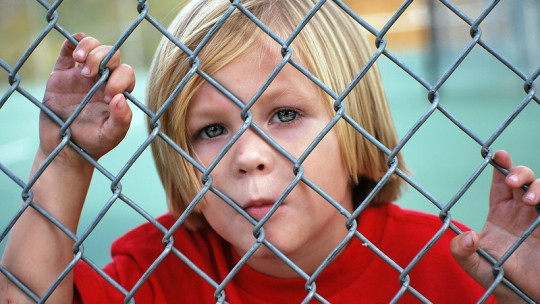
Being a mother is one of the most incredible and rewarding life experiences you can experience But this culminating moment of life also brings with it many challenges, since the maternal figure is extremely important for the growth of a child and decisively influences how he/she develops in different areas of his/her life: personal well-being, academic field, work, interpersonal relationships, etc.
Although motherhood is a wonderful time and the maternal feeling will accompany a parent throughout her life, some mothers may feel alone, suffer anxiety before or after pregnancy, experience a complicated birth, suffer stress in these circumstances or suffer from postpartum depression, among many other psychological phenomena.
Luckily, experts in perinatal psychology help mothers control these concerns or overcome emotional problems that may appear during the process of conception, pregnancy and the initial parenting stage.
What is perinatal psychology?
Perinatal Psychology can be defined as a specialty of Psychology that covers all the psychological aspects that are present before and during pregnancy, childbirth, postpartum, parenting and the bond with the baby. Therefore, it provides knowledge and tools to help mothers or future mothers (but also fathers) to overcome the difficulties that may appear in these important stages of their lives, and its purpose is to offer them the psychological resources necessary to increase their well-being and improve your quality of life, as well as that of your baby and, in general, that of your family.
Being a mother can bring with it new challenges, demanding, unstable periods and can generate stress, so all the resources you have at this specific moment in your life cycle will decisively influence your adaptation and the success of this transition.
Difficulties faced by mothers and fathers
Throughout our lives, people must face different situations of change that require the necessary adaptation to be able to face them and evolve Motherhood/fatherhood is one of the most notable transition stages, and causes moments of great impact in an individual’s life.
In this context, the application of perinatal psychology is of great importance, which, according to the Spanish Association of Perinatal Psychology, intervenes in the following areas:
How does perinatal psychology help families?
One of the main tasks of perinatal psychology is the protection of the mental health of both parents and babies, so it is aimed at prevention, support, diagnosis and treatment throughout the entire process that precedes the birth of a child. Psychoeducation is key in this sense.
Now, experts in this field not only intervene and act before birth, but also afterward, with the aim of promoting a healthy bond between parents and baby. The effect that the intervention has on the parents is crucial not only for them, but for the family relationship in general and for all the actors that make up the family. Perinatal psychology promotes the abilities and skills and self-esteem of parents, and treats the difficulties that may arise along the way.
When to seek help?
Perinatal psychologists offer psychological support in various situations.
1. Preconception support
Some couples may have trouble conceiving. Other times, they simply want to be prepared for this important moment in their life: the birth of a child. Perinatal psychologists, for example, can work with parents to modify their beliefs about what it means to have a child if they are irrational or they can work with them to overcome past traumatic experiences, such as the loss of a baby.
2. Prenatal and perinatal support
Perinatal Psychology helps pregnant mothers who are facing emotional or physical challenges during childbirth, but can also be helpful in preparing for the birth process. Anxiety during pregnancy or fear of childbirth are psychological phenomena that some mothers experience.
3. Postnatal support
If the birth was excessively challenging or traumatizing for the mother and/or baby, the mother (and father) may benefit from the psychological support provided by Perinatal Psychology experts, who also offer assistance in overcoming, for example, depression. postpartum.
4. Family support
The arrival of a new child (or when the birth has been traumatic) not only changes the mother’s life, but the rest of the family members may also have adaptation problems in this context. Perinatal Psychology is key because it provides necessary tools for parents and the family in these situations.
Where to find a trusted perinatal psychologist?
In order to benefit from this therapeutic practice, it is necessary to put yourself in good hands. In Spain there are good professionals who offer the maximum guarantees of psychological assistance in this specialty, but it is necessary to find a trustworthy clinic, where you feel comfortable explaining your problem. If you are going through a situation similar to the one described in the previous lines, do not be discouraged because it is possible to overcome it.








